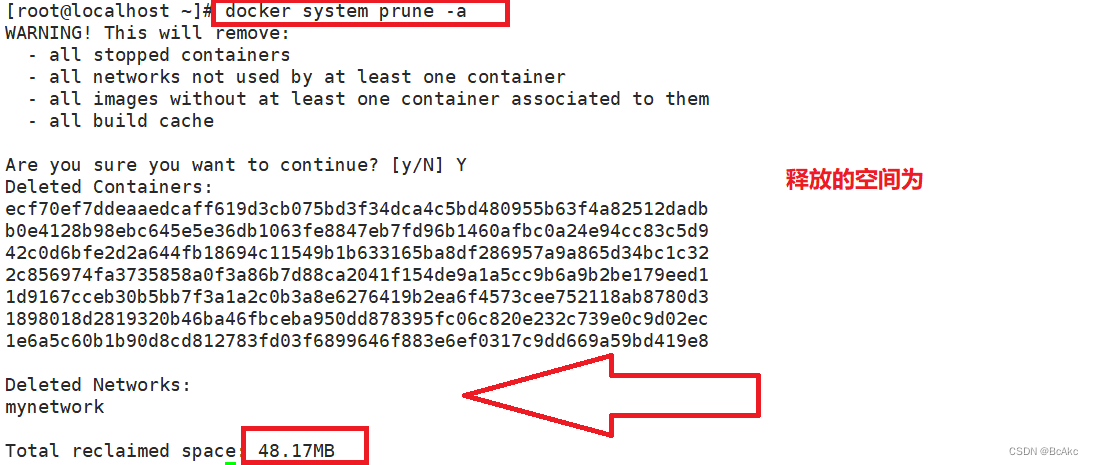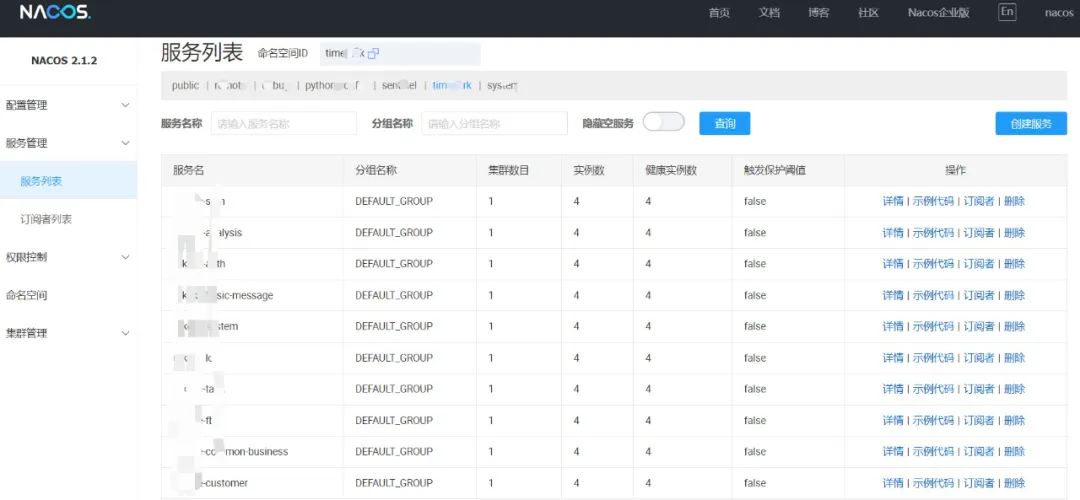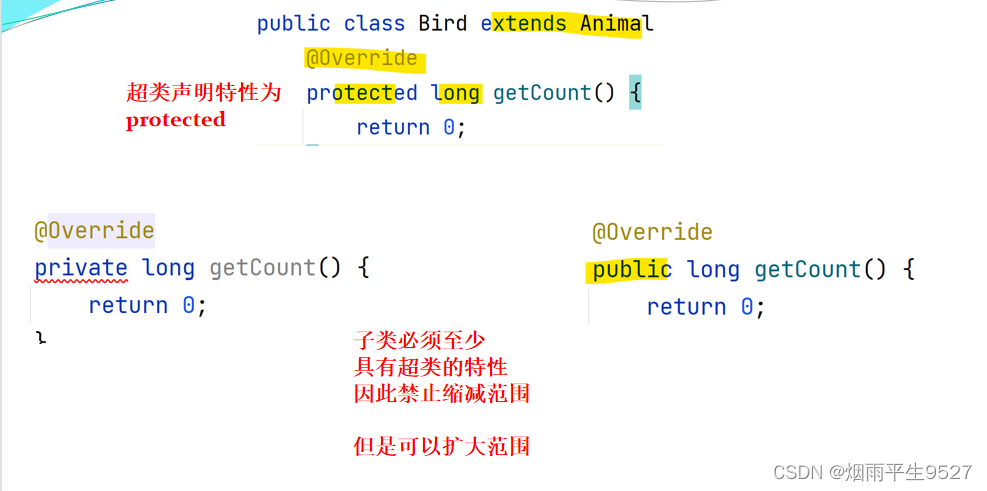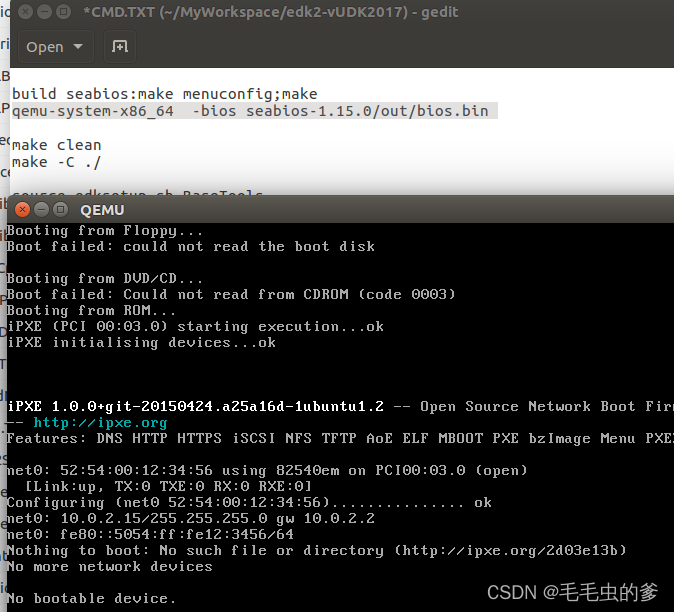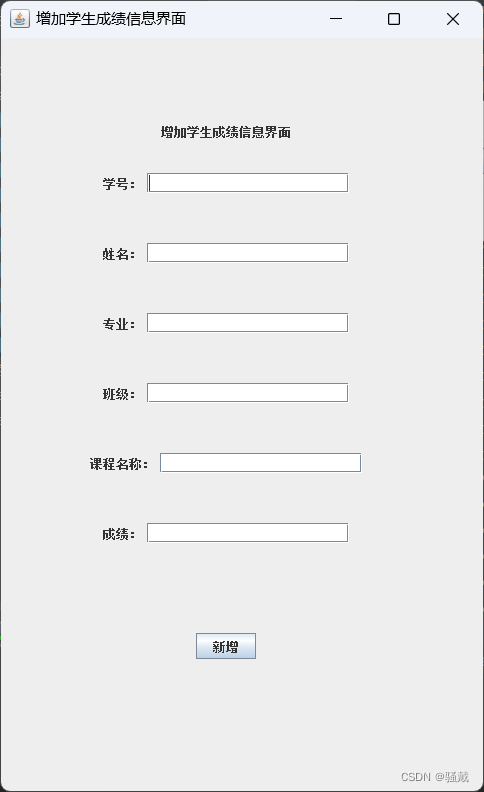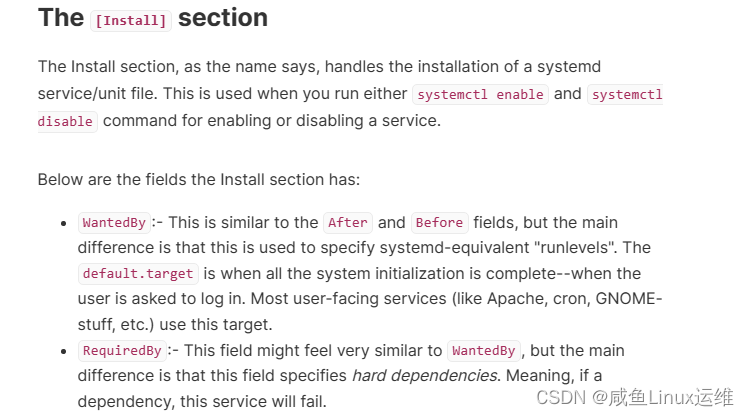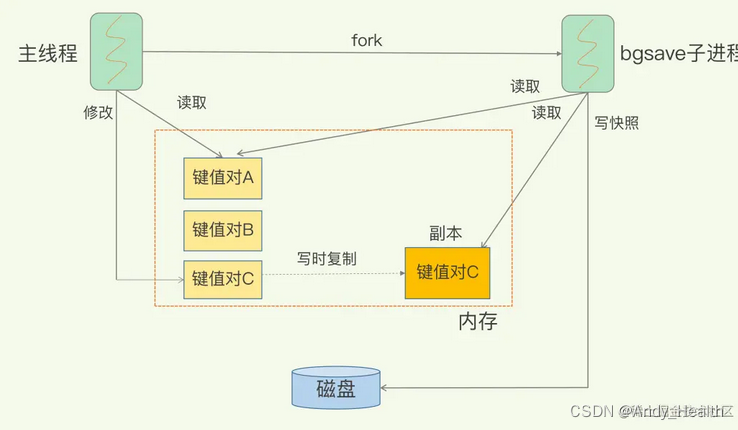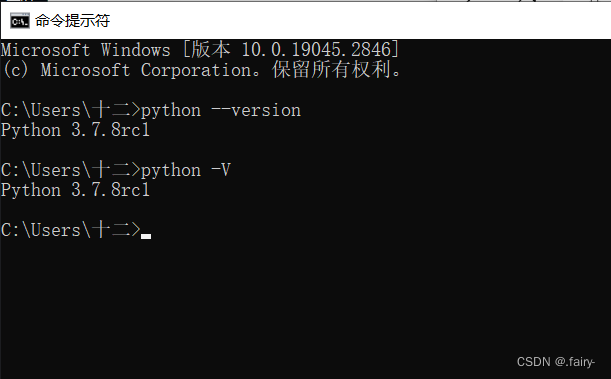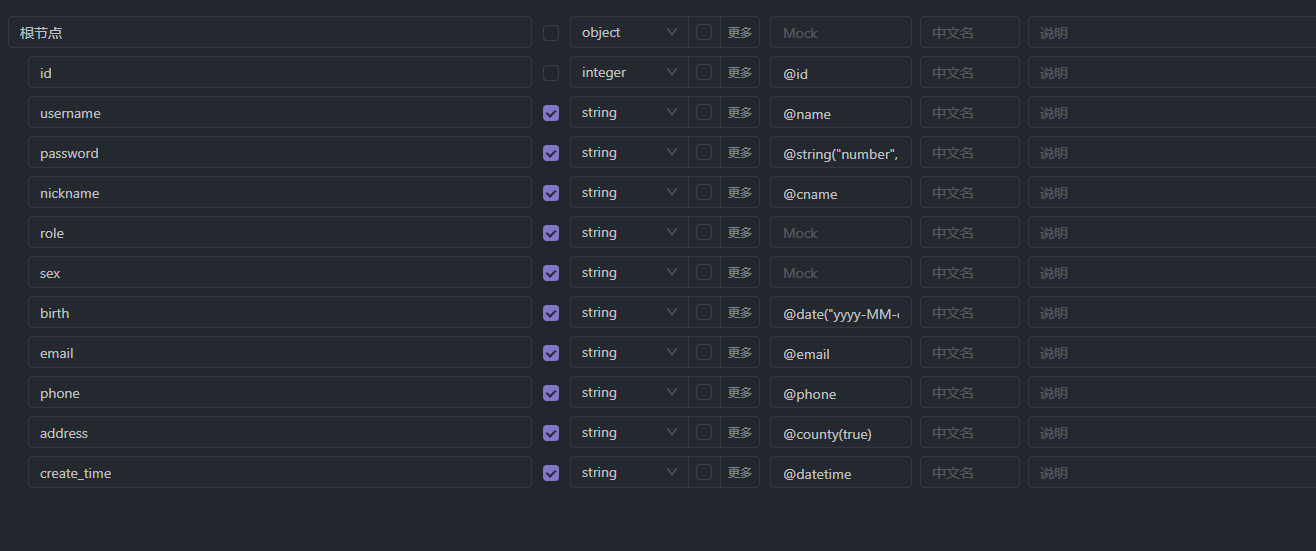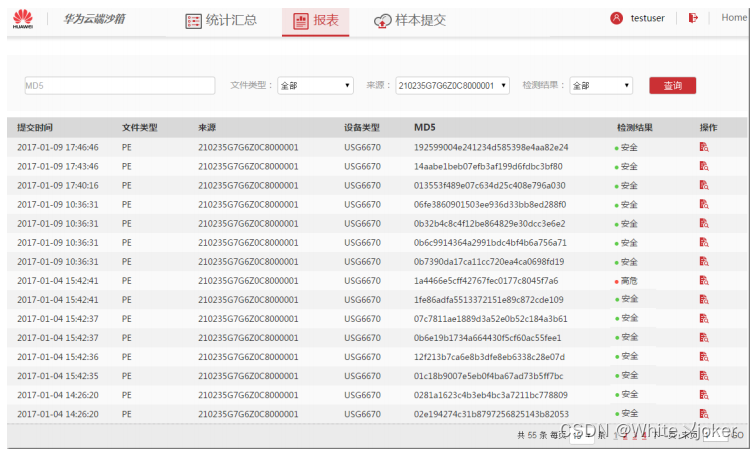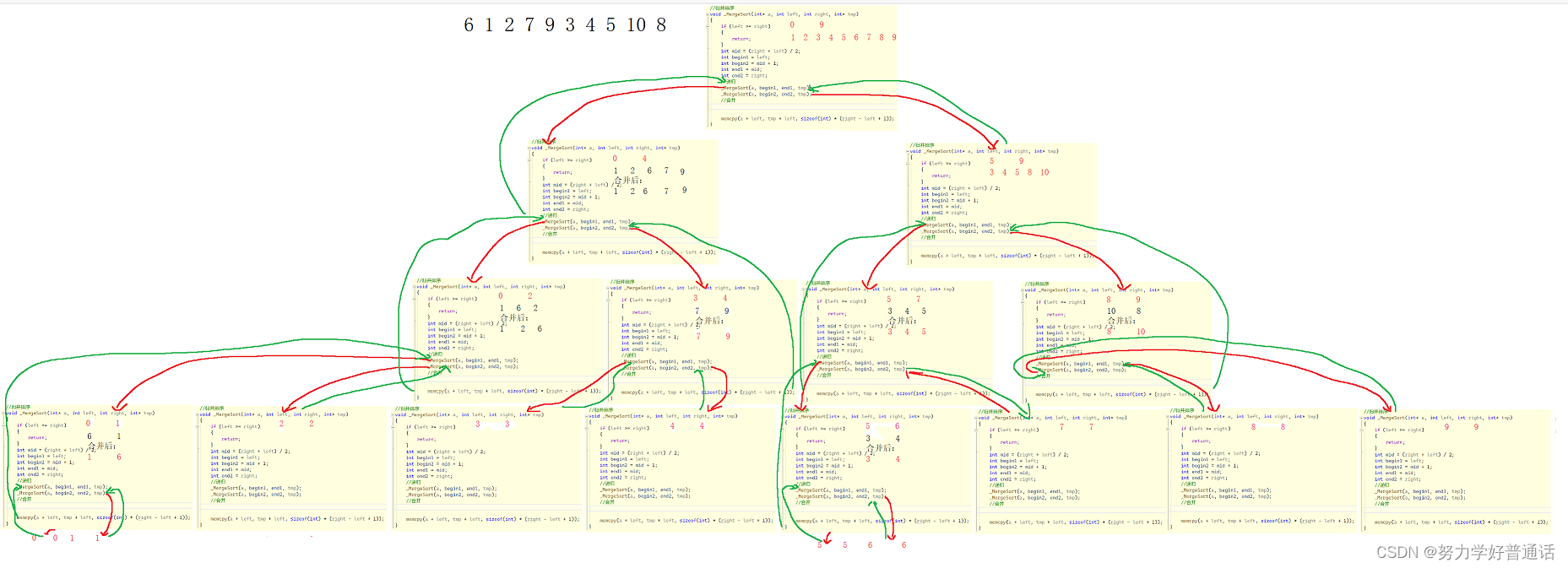有时候,应用因为无限循环或死锁而停止响应,为确保应用在这种情况下可以重新启动,需要有一种机制检查应用程序的运行状况,而不是依赖应用程序内部的检测。
K8s 主要提供了三种探针来针对这种机制:
-
存活探针:用于检查容器是否正在运行。如果存活探针失败,则 K8s 认为该容器已死亡,并且将尝试重新启动容器。
-
就绪探针:用于检查容器是否已准备好接收流量。如果容器没有准备好,K8s 将不会将流量路由到该容器。
-
启动探针:用于检查容器是否已启动。与存活探针不同,启动探针在容器启动时运行一次,而不是在容器运行时持续运行。
探针的检查方法
-
exec:通过在容器内执行指定命令,来判断命令退出时返回的状态码,返回状态码是0表示正常。
-
httpGet:通过对容器的 IP 地址、端口和 URL 路径来发送 GET 请求;如果响应的状态码在 200 ~ 399 间,表示正常。
-
tcpSocket:通过对容器的 IP 地址和指定端口,进行 TCP 检查,如果端口打开,发起 TCP Socket 建立成功,表示正常。
配置项
-
initialDelaySeconds:等待我们定义的时间 结束后便开始探针检查
-
periodSeconds:探针的间隔时间
-
timeoutSeconds:探针的超时时间,当超过我们定义的时间后,便会被视为失败
-
successThreshold:探针的最小连续成功数量
-
failureThreshold:探针的最小连续失败数量
启动探针
apiVersion: v1 # 必选 API的版本号kind: Pod # 必选 类型Podmetadata: # 必选 元数据name: nginx # 必选 符合RFC 1035规范的Pod名称#namespace: default # 可选 Pod所在的命名空间 不指定默认为default 可以使用-n指定namespacelabels: # 可选 标签选择器 一般用于过滤和区分Podapp: nginx-readyspec: # 必选 用于定义容器的详细信息containers: # 必选 容器列表- name: nginx # 必选 符合RFC 1035规范的容器名称image: nginx:latest # 必选 容器所用的镜像的地址imagePullPolicy: Always # 可选 镜像拉取策略 IfNotPresent:如果宿主机有这个镜像,就不用拉取了 Always:总是拉取 Never:不管存在不存在,都不拉取ports: # 可选 容器需要暴露的端口号列表- name: http # 端口名称containerPort: 80 # 端口号protocol: TCP # 端口协议 默认TCPstartupProbe: # 可选 检测容器内进程是否完成启动 注意三种检查方式同时只能使用一种failureThreshold: 3 # 失败三次算探针失败exec:command: ['/bin/sh','-c','echo Hello World']initialDelaySeconds: 3 # 容器启动完成后首次探测的时间,单位为秒timeoutSeconds: 2 # 对容器健康检查探测等待响应的超时时间,单位秒,默认1秒periodSeconds: 1 # 对容器监控检查的定期探测时间设置,单位秒,默认10秒一次successThreshold: 1 # 成功1次算探针OKfailureThreshold: 3 # 失败三次算探针失败restartPolicy: Always # 可选 默认Always 容器故障或者没有启动成功 自动重启该容器 Onfailure: 容器以不为0的状态码终止 自动重启该容器 Never:无论何种状态 都不会重启
# kubectl apply -f pod.yamlpod/nginx created# kubectl get podNAME READY STATUS RESTARTS AGEnginx 0/1 ContainerCreating 0 4s# kubectl describe pod nginx
就绪探针
# grep -v '^#' pod.yamlapiVersion: v1 # 必选 API的版本号kind: Pod # 必选 类型Podmetadata: # 必选 元数据name: nginx # 必选 符合RFC 1035规范的Pod名称#namespace: default # 可选 Pod所在的命名空间 不指定默认为default 可以使用-n指定namespacelabels: # 可选 标签选择器 一般用于过滤和区分Podapp: nginx-readyspec: # 必选 用于定义容器的详细信息containers: # 必选 容器列表- name: nginx # 必选 符合RFC 1035规范的容器名称image: nginx:latest # 必选 容器所用的镜像的地址imagePullPolicy: Always # 可选 镜像拉取策略 IfNotPresent:如果宿主机有这个镜像,就不用拉取了 Always:总是拉取 Never:不管存在不存在,都不拉取ports: # 可选 容器需要暴露的端口号列表- name: http # 端口名称containerPort: 80 # 端口号protocol: TCP # 端口协议 默认TCPreadinessProbe:httpGet:path: /port: 80initialDelaySeconds: 3 # 容器启动完成后首次探测的时间,单位为秒timeoutSeconds: 2 # 对容器健康检查探测等待响应的超时时间,单位秒,默认1秒periodSeconds: 1 # 对容器监控检查的定期探测时间设置,单位秒,默认10秒一次successThreshold: 1 # 成功1次算探针OKfailureThreshold: 3 # 失败三次算探针失败restartPolicy: Always # 可选 默认Always 容器故障或者没有启动成功 自动重启该容器 Onfailure: 容器以不为0的状态码终止 自动重启该容器 Never:无论何种状态 都不会重启
可以看到端口检测正常
添加 nodeport 类型进行流量访问验证
# grep -v '^#' pod.yamlapiVersion: v1 # 必选 API的版本号kind: Pod # 必选 类型Podmetadata: # 必选 元数据name: nginx # 必选 符合RFC 1035规范的Pod名称#namespace: default # 可选 Pod所在的命名空间 不指定默认为default 可以使用-n指定namespacelabels: # 可选 标签选择器 一般用于过滤和区分Podapp: nginx-readyspec: # 必选 用于定义容器的详细信息containers: # 必选 容器列表- name: nginx # 必选 符合RFC 1035规范的容器名称image: nginx:latest # 必选 容器所用的镜像的地址imagePullPolicy: Always # 可选 镜像拉取策略 IfNotPresent:如果宿主机有这个镜像,就不用拉取了 Always:总是拉取 Never:不管存在不存在,都不拉取ports: # 可选 容器需要暴露的端口号列表- name: http # 端口名称containerPort: 80 # 端口号protocol: TCP # 端口协议 默认TCPreadinessProbe:httpGet:path: /port: 80initialDelaySeconds: 3 # 容器启动完成后首次探测的时间,单位为秒timeoutSeconds: 2 # 对容器健康检查探测等待响应的超时时间,单位秒,默认1秒periodSeconds: 1 # 对容器监控检查的定期探测时间设置,单位秒,默认10秒一次successThreshold: 1 # 成功1次算探针OKfailureThreshold: 3 # 失败三次算探针失败restartPolicy: Always # 可选 默认Always 容器故障或者没有启动成功 自动重启该容器 Onfailure: 容器以不为0的状态码终止 自动重启该容器 Never:无论何种状态 都不会重启---apiVersion: v1kind: Servicemetadata:name: ready-nodeportlabels:name: ready-nodeportspec:type: NodePortports:- port: 88protocol: TCPtargetPort: 80nodePort: 30880selector:app: nginx-ready
访问验证
# kubectl get podNAME READY STATUS RESTARTS AGEnginx 1/1 Running 0 15s[root@k8s-master01 ~]# kubectl get svc -owideNAME TYPE CLUSTER-IP EXTERNAL-IP PORT(S) AGE SELECTORkubernetes ClusterIP 10.96.0.1 <none> 443/TCP 72d <none>ready-nodeport NodePort 10.96.93.159 <none> 88:30880/TCP 20s app=nginx-ready[root@k8s-master01 ~]# curl http://192.168.10.10:30880<!DOCTYPE html><html><head><title>Welcome to nginx!</title><style>html { color-scheme: light dark; }body { width: 35em; margin: 0 auto;font-family: Tahoma, Verdana, Arial, sans-serif; }</style></head><body><h1>Welcome to nginx!</h1><p>If you see this page, the nginx web server is successfully installed andworking. Further configuration is required.</p><p>For online documentation and support please refer to<a href="http://nginx.org/">nginx.org</a>.<br/>Commercial support is available at<a href="http://nginx.com/">nginx.com</a>.</p><p><em>Thank you for using nginx.</em></p></body></html>
修改 httpGet 或 tcpSocket 端口为 81 模拟探针探测失败,探测失败流量会不会分配进入

# kubectl get podNAME READY STATUS RESTARTS AGEnginx 0/1 Running 0 22s# kubectl get svc -owideNAME TYPE CLUSTER-IP EXTERNAL-IP PORT(S) AGE SELECTORkubernetes ClusterIP 10.96.0.1 <none> 443/TCP 72d <none>ready-nodeport NodePort 10.96.115.11 <none> 88:30880/TCP 25s app=nginx-ready[root@k8s-master01 ~]# curl http://192.168.10.10:30880curl: (7) Failed connect to 192.168.10.10:30880; 拒绝连接
describe nginx查看

显示81端口不通,ready状态为0,但pod是running的,请求结果为拒绝连接,流量打入失败。就绪探针失败,是不会给该pod打入流量的。
存活探针
# grep -v '^#' pod.yamlapiVersion: v1 # 必选 API的版本号kind: Pod # 必选 类型Podmetadata: # 必选 元数据name: nginx # 必选 符合RFC 1035规范的Pod名称#namespace: default # 可选 Pod所在的命名空间 不指定默认为default 可以使用-n指定namespacelabels: # 可选 标签选择器 一般用于过滤和区分Podapp: nginx-readyspec: # 必选 用于定义容器的详细信息containers: # 必选 容器列表- name: nginx # 必选 符合RFC 1035规范的容器名称image: nginx:latest # 必选 容器所用的镜像的地址imagePullPolicy: Always # 可选 镜像拉取策略 IfNotPresent:如果宿主机有这个镜像,就不用拉取了 Always:总是拉取 Never:不管存在不存在,都不拉取ports: # 可选 容器需要暴露的端口号列表- name: http # 端口名称containerPort: 80 # 端口号protocol: TCP # 端口协议 默认TCPlivenessProbe:httpGet:path: /port: 80scheme: HTTPinitialDelaySeconds: 3 # 容器启动完成后首次探测的时间,单位为秒timeoutSeconds: 2 # 对容器健康检查探测等待响应的超时时间,单位秒,默认1秒periodSeconds: 1 # 对容器监控检查的定期探测时间设置,单位秒,默认10秒一次successThreshold: 1 # 成功1次算探针OKfailureThreshold: 3 # 失败三次算探针失败restartPolicy: Always # 可选 默认Always 容器故障或者没有启动成功 自动重启该容器 Onfailure: 容器以不为0的状态码终止 自动重启该容器 Never:无论何种状态 都不会重启---apiVersion: v1kind: Servicemetadata:name: ready-nodeportlabels:name: ready-nodeportspec:type: NodePortports:- port: 88protocol: TCPtargetPort: 80nodePort: 30880selector:app: nginx-ready
创建 pod 与 service 并访问测试
# kubectl apply -f pod.yamlpod/nginx createdservice/ready-nodeport created[root@k8s-master01 ~]# kubectl get podNAME READY STATUS RESTARTS AGEnginx 1/1 Running 0 4s# kubectl get svc -owideNAME TYPE CLUSTER-IP EXTERNAL-IP PORT(S) AGE SELECTORkubernetes ClusterIP 10.96.0.1 <none> 443/TCP 72d <none>ready-nodeport NodePort 10.96.54.68 <none> 88:30880/TCP 12s app=nginx-ready[root@k8s-master01 ~]# curl 192.168.10.10:30880<!DOCTYPE html><html><head><title>Welcome to nginx!</title><style>html { color-scheme: light dark; }body { width: 35em; margin: 0 auto;font-family: Tahoma, Verdana, Arial, sans-serif; }</style></head><body><h1>Welcome to nginx!</h1><p>If you see this page, the nginx web server is successfully installed andworking. Further configuration is required.</p><p>For online documentation and support please refer to<a href="http://nginx.org/">nginx.org</a>.<br/>Commercial support is available at<a href="http://nginx.com/">nginx.com</a>.</p><p><em>Thank you for using nginx.</em></p></body></html>
修改检测端口为81,模拟检测失败

探针检测失败会根据 restartPolicy 重启策略操作
默认 Always 容器故障或者没有启动成功 自动重启该容器

重新创建该 pod
# kubectl get podNAME READY STATUS RESTARTS AGEnginx 1/1 Running 0 4s# kubectl get svc -owideNAME TYPE CLUSTER-IP EXTERNAL-IP PORT(S) AGE SELECTORkubernetes ClusterIP 10.96.0.1 <none> 443/TCP 72d <none>ready-nodeport NodePort 10.96.54.68 <none> 88:30880/TCP 7m28s app=nginx-ready# curl http://192.168.10.10:30880curl: (7) Failed connect to 192.168.10.10:30880; 拒绝连接

查看 pod是否进行重启,可以看到pod已经重启5次,状态也变为CrashLoopBackOff
后续
当然,除了探针,Kubernetes 还有以下几种机制来确保容器的可用性:
-
RC或ReplicaSet:用于确保在集群中运行指定数量的 Pod。如果 Pod 在节点上失败或被删除,则 RC 或 ReplicaSet 将启动新的 Pod 来代替它们。 -
Deployment:用于管理 Pod 和 ReplicaSet 的更新。Deployment 可以在进行滚动更新时确保应用程序的可用性,并提供回滚机制以恢复到以前的版本。
-
Service:用于将流量路由到运行中的 Pod。Service 为应用程序提供了一个稳定的 IP 地址和 DNS 名称,并可以将流量根据需要负载均衡到多个 Pod 中。
-
Namespace:用于隔离和组织集群中的资源。通过使用 Namespace,可以将不同的应用程序或团队隔离开来,并控制它们可以访问的资源。


